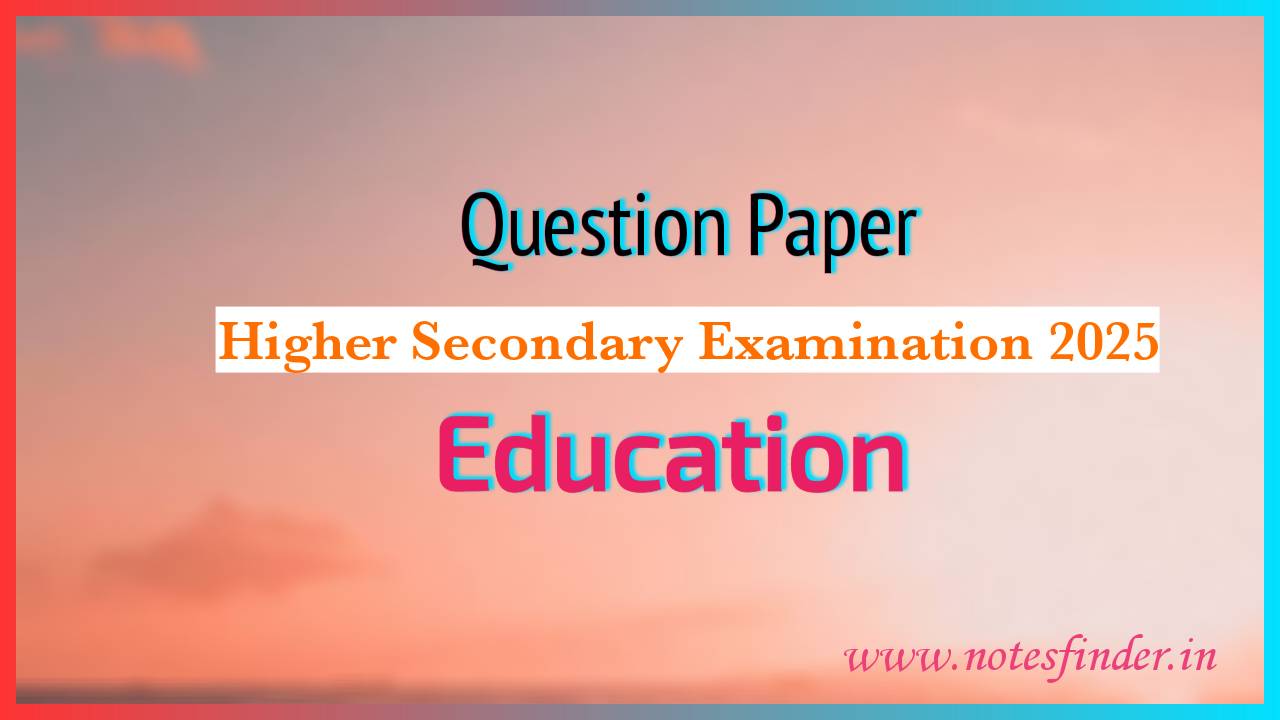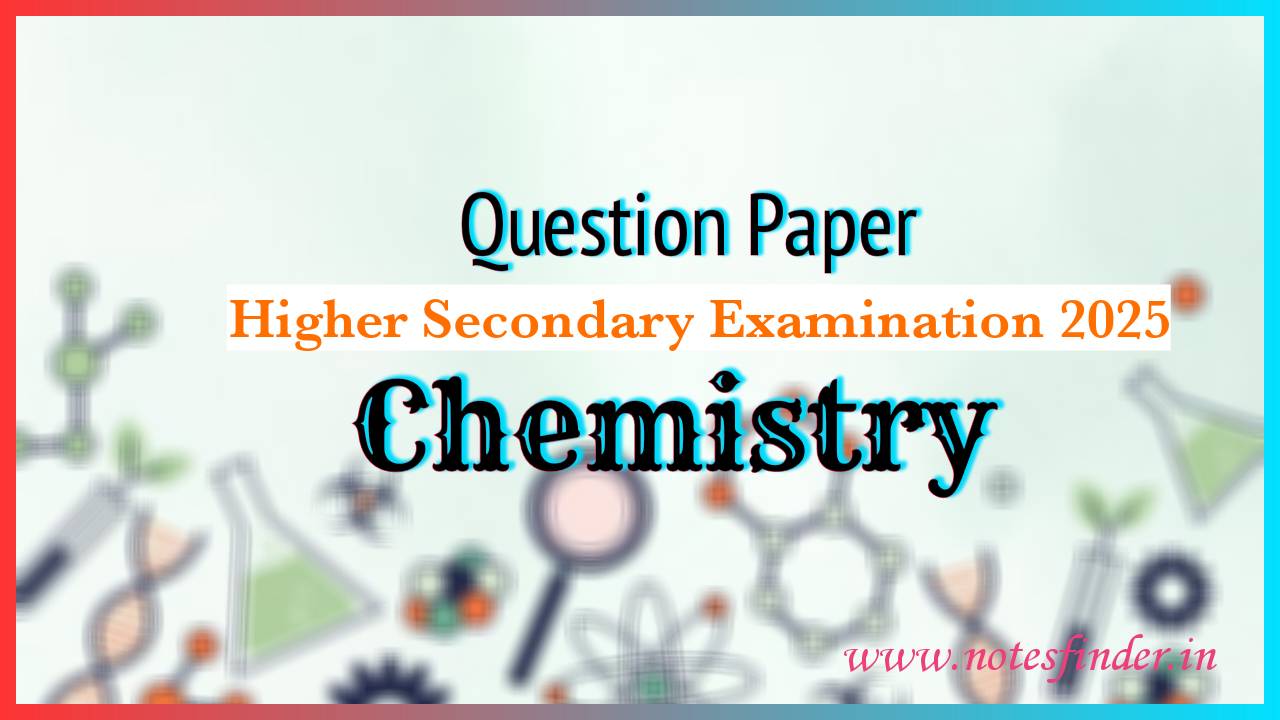Shall I Compare Thee To A Summer’s Day| MCQ Questions and Answers | HS English | Class 12 English
1.Shall I compare thee to a summer’s day? Is Sonnet no.-
A)16
B)17
C)18
D)19
Ans: C) 18
2.The theme that Shakespeare explores in Sonnet 18 is-
A) Immortality of youth and beauty
B) Carpe diem
C) Death as an agent of nature
D) Timelessness of poetry
Ans: D) Timelessness of poetry.
3.Who is the sonnet addressed to-
A) Shakespeare’s wife
B) Queen Elizabeth
C) A young woman
D)A young man
Ans: D) A young man.
4. In the poem, the poet’s friend is
A) more careful and more kind
B) more lovely and more temperate
C) more attractive and handsome
D) more passionate and sensuous
Ans: B) more lovely and more temperate
4. The rough winds of summer-
A) shake the darling buds of May
B) blow away dry leaves
C) is very comfortable
D) brings peace
Ans: A) shake the darling buds of May
5. ‘The eye of heaven’ refers to-
A) the star
B) the moon
C) the sun
D) the flower
Ans: C) the sun
6. The poet compares his beloved to-
A) A summer flower
B) Summer breeze
C) A summer’s day
D) Summer tune
Ans) C) A summer’s day.
6.The word ‘temperate’ means-
A) Warm
B) Moderate
C) Friendly
d.Temporary
Ans: B) Moderate.
7. Summer has-
A) Short duration
B) Long duration
C) Constant temperature
D) Constant brightness
Ans: B) Short duration.
8. How is the gold complexion of the sun dimmed-
A) By the clouds
B) By the shade of the tree
C) By a canopy
D) By the shade of a building
Ans: A) By the clouds.
9. The poet states that ‘fair’-
A) Is subject to change
B) Is the opposite of unfair
C) Can only diminish marginally
D) Is never subject to change
Ans: A) Is subject to change.
10. Nature’s changing course is-
A) Dimmed
B) Temperate
C) Untrimmed
D) Lovely
Ans: C) untrimmed.
11. ‘But thy eternal summer shall not fade’. The word opposite in meaning to ‘eternal’ is-
A) Universal
B)Momentary
C)Temporal
D) Decayed
Ans: C) Temporal.
12. The poet asserts that his friend will never lose possession of his-
A) Property
B) Health
C) Beauty
D) Wealth
Ans: C)Beauty.
13. Death in the poem is personified as-
A) Kind and helpful
B) Sweet and smart
C) Calm and quiet
D) Proud and boastful
Ans: D) Proud and boastful.
14. How can eternal summer be maintained?
A)Through poem
B)Through beauty
C)Through preservation
D) Through conservation
Ans: A) through poem.
15. Every fair from fair sometime declines by
A) chance and change
B) nothing
C) God
D)human greed
Ans: A) chance and change
16. “And summer’s lease hath all too short a date.”-The linehighlights the
A) brevity of summer’s day
B) beauty of summer’s day
C) beauty of the poet’s friend
D) length of the year
Ans: A) brevity of summer’s day
17. “And summer’s lease hath all too short a date.” Here ‘summer’s lease’ refers to
A) glory of summer
B) span of summer
C) leisure during summer
D) rough weather off summer
Ans: B) span of summer
18. “Thou art more lovely and more temperate.”-The word ‘thou’ refers to
the poet’s
A) ladylove
B) the poet’s mother
C) the poet’s friend
D)the poet himself
Ans: C) the poet’s friend
19. The fair youth’s beauty surpasses that of
A) nature
B) a beautiful lady
C) summer
D) spring
Ans: C) summer
20.”Rough winds do shake the darling buds of May.”-Here May is the sign of
A) Autumn
B) summer
C) dewy season
D) Winter
Ans: B) summer
21. This gives life to thee.”-Here ‘thee’ refers to –
a) the poet’s wife
b) the poet himself
c) the poet’s friend
d) the poet’s father.
Ans: c) the poet’s friend.
22. How will the fair youth’s beauty be eternalised? –
a) through the poet’s eternal lines
b) through nature
c) through a song
d) through death.
Ans: a) through the poet’s eternal lines.
23. “Shall I Compare Thee to a Summer’s Day?” is written by –
a) John Keats
b) William Shakespeare
c) William Wordsworth
d) Ruskin bond.
Ans: b) William Shakespeare.
24. The ‘darling buds’ are shaken by rough winds in –
a) March
b) April
c) May
d) June
Ans: c) May.
25. “…. his gold complexion dimmed.” Here ‘his’ refers to –
a) the sun
b) the sky
c) the poet’s friend
d) the poet himself.
Ans: the sun.
26. Shall I Compare Thee To A Summer’s Day is
A) a sonnet
B) a lyric
C) a dramatic monologue
D) a ballad
Ans: A) a sonnet



